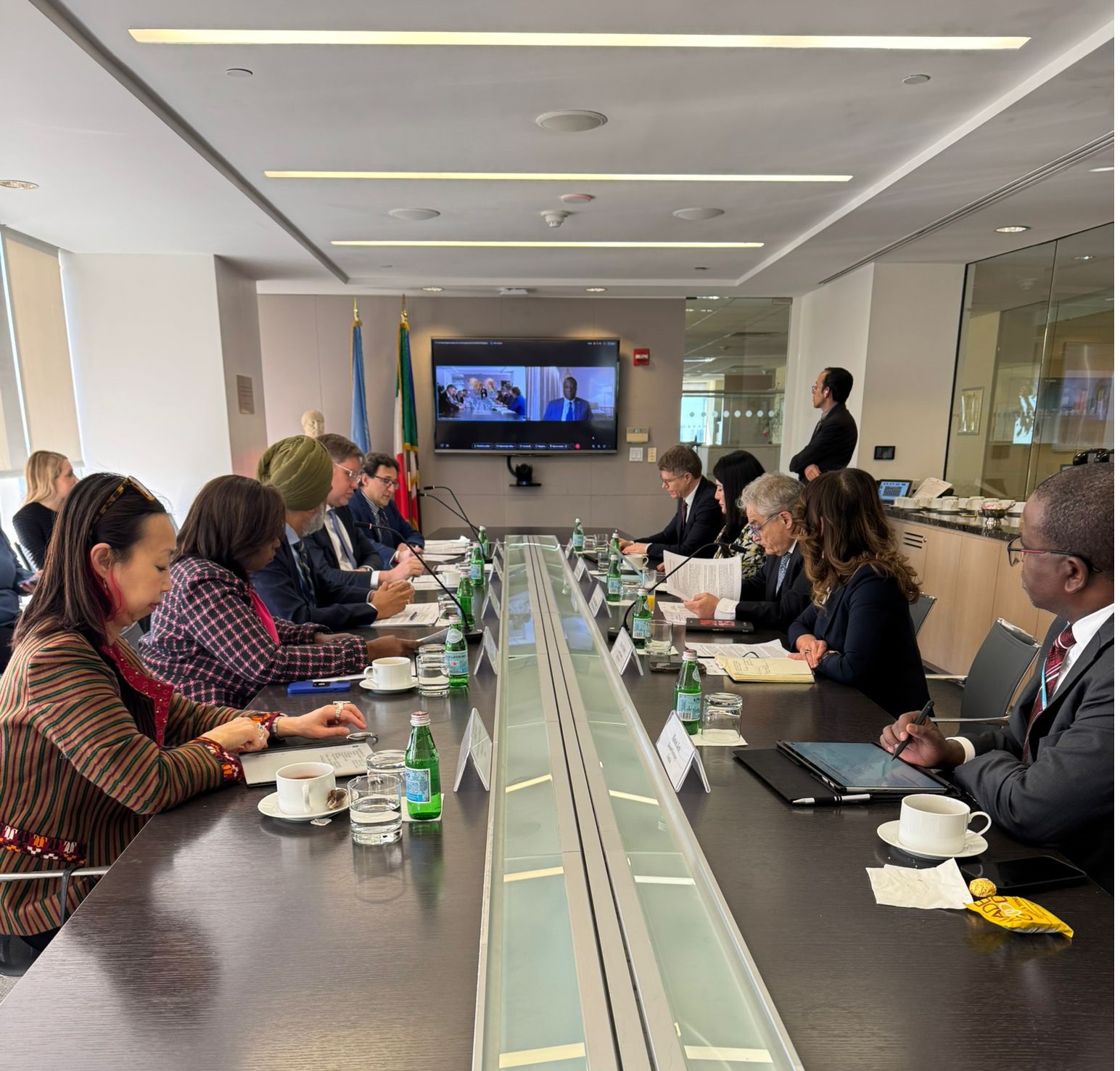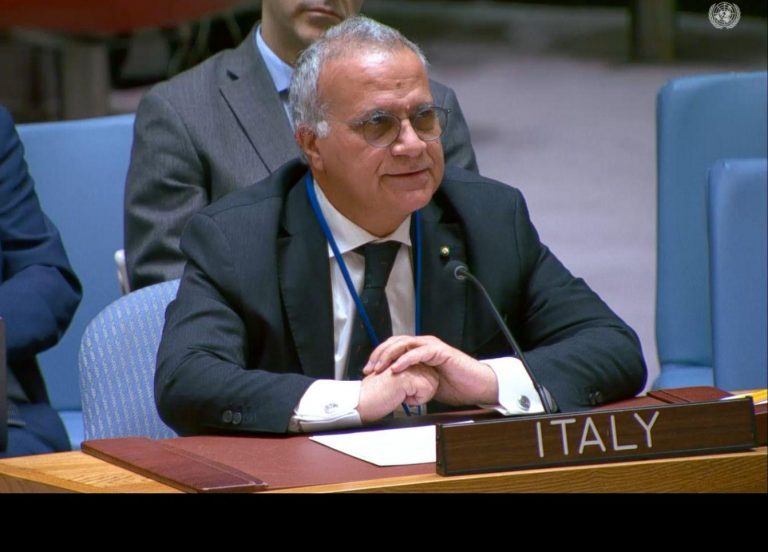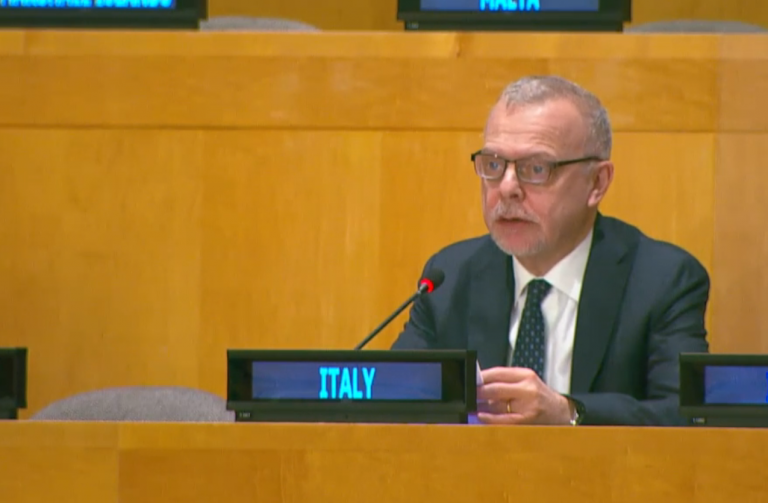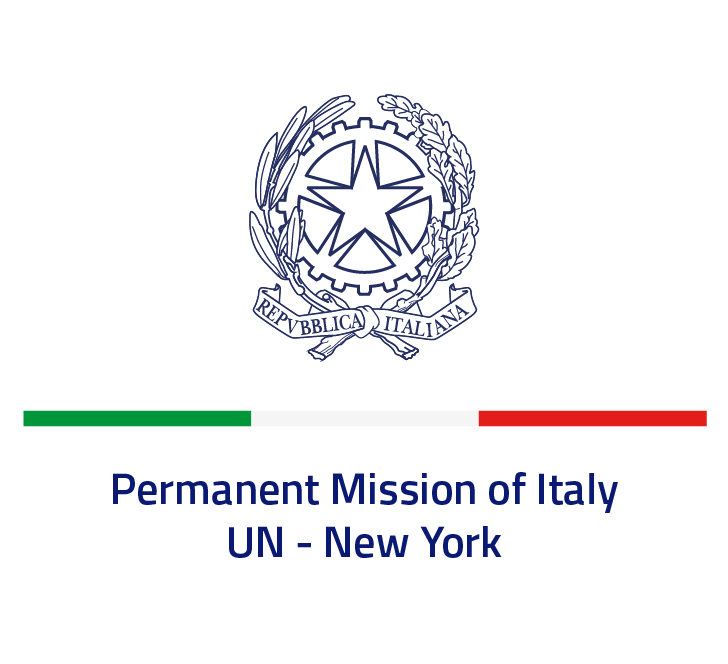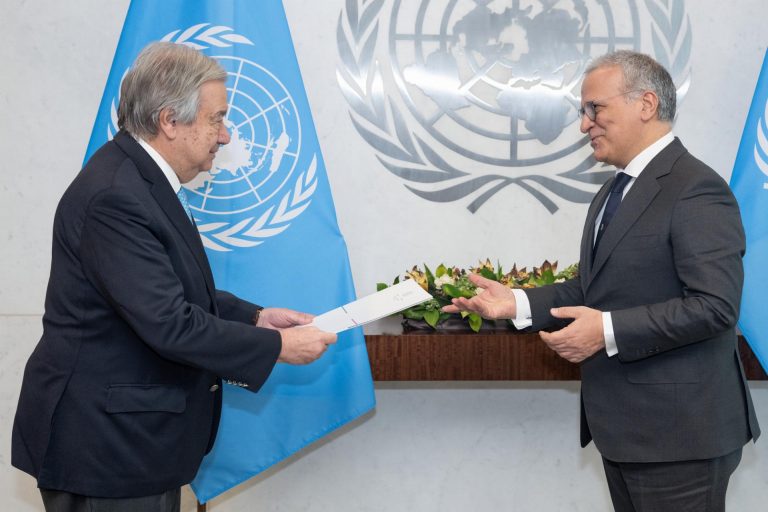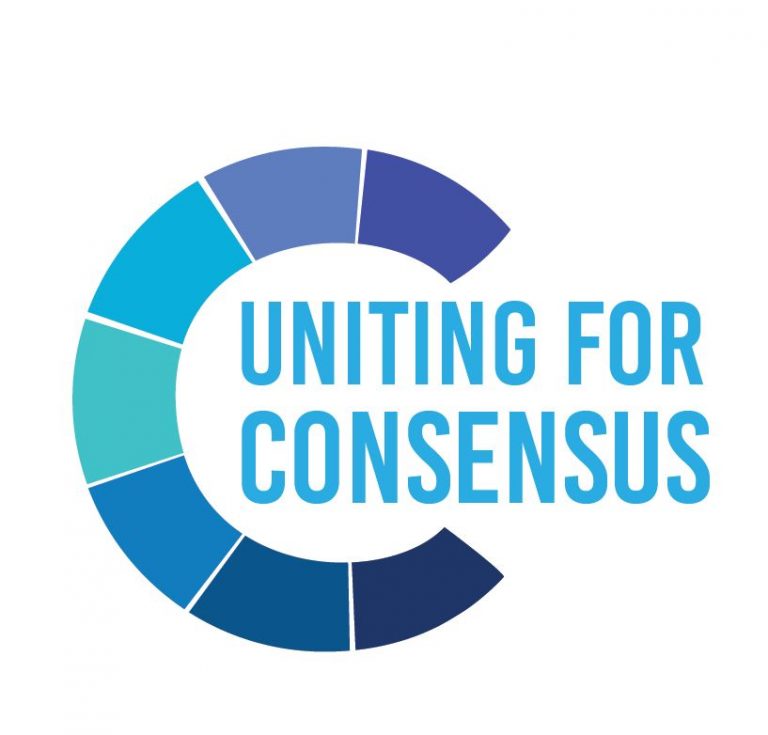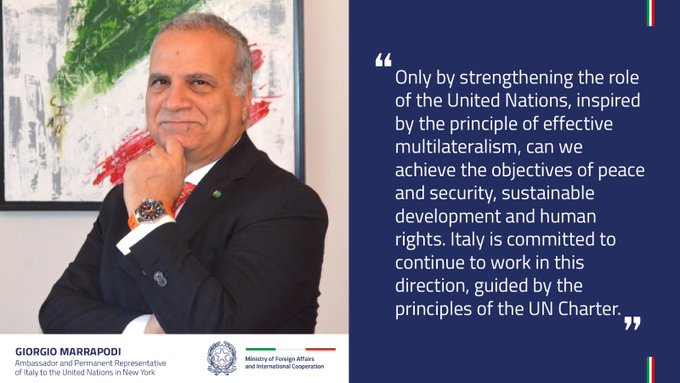The event “Digital Global Compact: for a human Governance of artificial Intelligence” took place today at the Permanent Mission of Italy to the United Nations in collaboration with Il Sole 24 Ore and the Trento Festival of Economics, with opening remarks by Ambassador Maurizio Massari and for Il Sole 24 Ore by the Director Fabio Tamburini (remotely) and by the General Director of the Publishing & Digital Area Karen Nahum.
The roster of speakers included Achim Steiner, Administrator of the UN Development Program (UNDP), Amandeep Gill, Technology Envoy of the UN Secretary General, Sanda Ojambo, Executive Director of the UN Global Compact sustainable business network, Chris Sharrock , Vice President for UN relations at Microsoft, and several Ambassadors of United Nations member countries.
“We believe that Artificial Intelligence offers a vast potential to accelerate the implementation of the sustainable development agenda, reduce inequalities and promote new models of cooperation based on respect for human rights closing the gap between the North and the South – however, this is possible only if we govern AI in an ethical and inclusive way,” underscored Ambassador Massari. “This is why Italy has launched the AI Hub for Sustainable Development” together with UNDP and the “Digital Flagship for Africa”, and strongly supports the vision of the UN Global Digital Compact, starting with the creation of the Independent Scientific Panel on AI and the launch of the Global Dialogue on AI Governance. Multi-actor partnerships and private sector participation will be key factors in this process,” concluded the Permanent Representative.
The Global Digital Compact is one of the most concrete and innovative results of the Pact for the Future, adopted by world leaders in New York in September 2024, and its implementation is one of the most current topics of discussion at the United Nations. This is the first attempt ever made to give a global framework to the governance of artificial intelligence. The document aims, among others, to commit its signatories to “improving the international governance of artificial intelligence for the benefit of humanity”, which falls within the broader debate on the challenges and opportunities of digital transformation, including the efforts to prevent the digital gap from turning into a development gap, a point that has been forcefully made during today’s debate.







